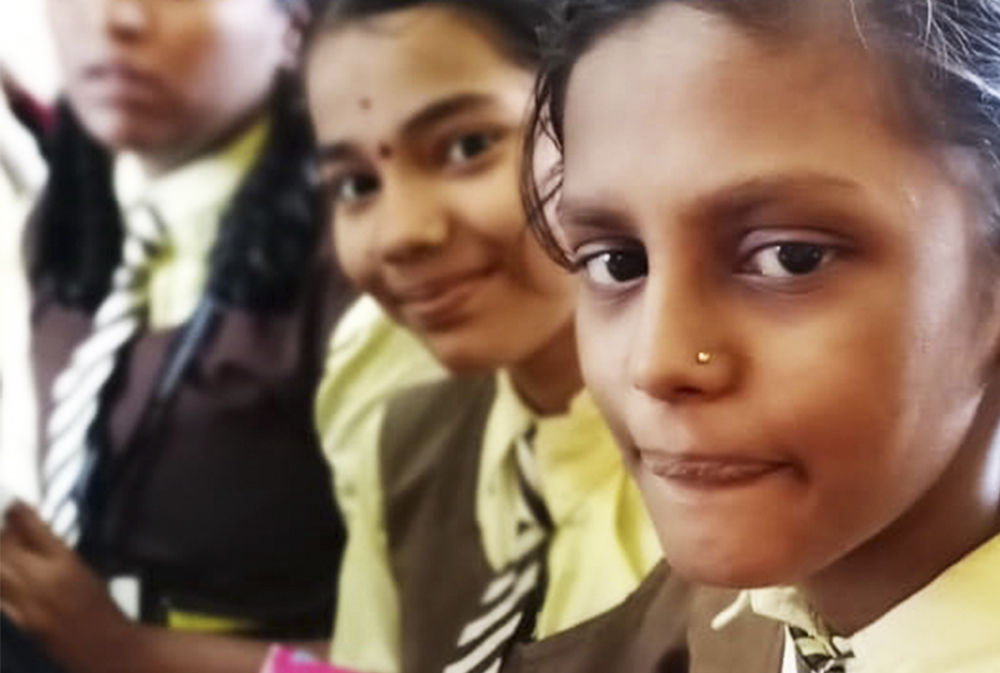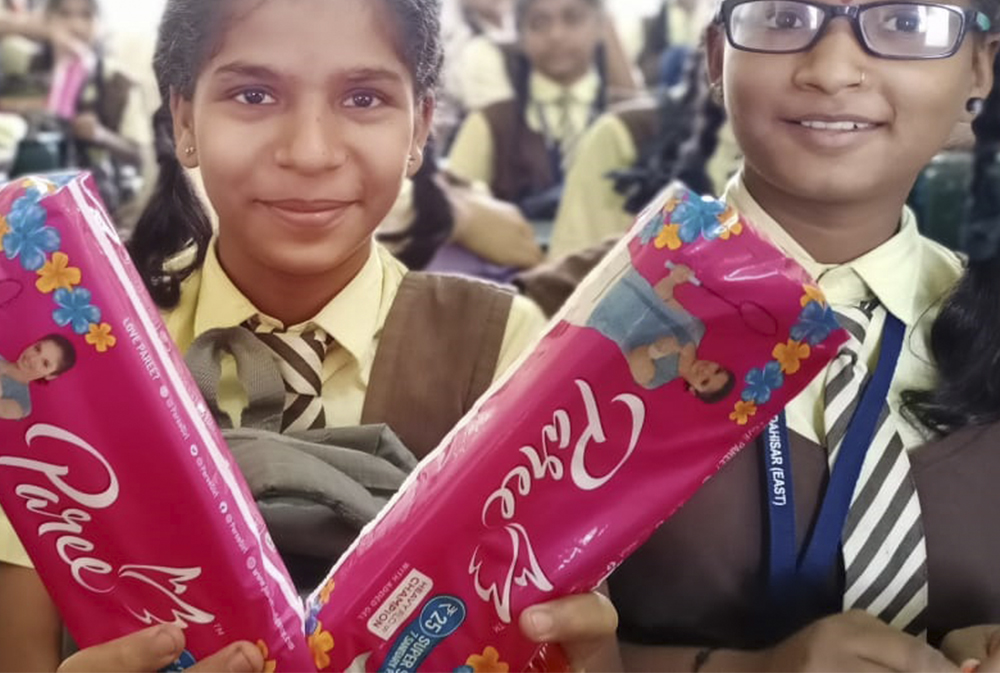In India, lack of access to proper sanitation facilities at our schools in rural and remote areas is a major obstacle in the way of education. Diseases associated with poor hygiene prevent many children from attending school and also lead to drop out. The presence of toilets and proper washing stations can help stop the spread of many illnesses and parasites such as diarrhea. Creating a healthy and hygienic environment for the future of our country should be our top priority as it is a basic necessity in schools.
We undertake the projects of building toilets in schools across India. We build separate toilets for boys and girls in rural schools and remote areas with a proper water supply facility in them. By providing hygiene and sanitation facilities in school, we have created an enabling environment that has resulted in children’s regularity to school. In the process, we have been able to spread awareness about sanitation and hygiene, which has resulted in Fever illness caused by water-borne diseases in these children.
We undertake the projects of building toilets in schools across India. We build separate toilets for boys and girls in rural schools and remote areas with a proper water supply facility in them. By providing hygiene and sanitation facilities in school, we have created an enabling environment that has resulted in children’s regularity to school. In the process, we have been able to spread awareness about sanitation and hygiene, which has resulted in Fever illness caused by water-borne diseases in these children.
We are committed to facilitating our schools with proper health and hygiene facilities.
Every school in India must have six essential requirements that make up a good school WASH program.
- Separate toilets for boys and girls; there needs to be adequate, menstrual hygiene management facilities, private space for changing, adequate water for cloth washing, and disposal facilities for menstrual waste.
- Sufficient group handwashing facilities allow groups of 10-12 students to wash their hands at the same time. The handwashing station should be simple, scalable, and sustainable, relying on minimum water.
- Daily provision of child-friendly and sustainable safe drinking water and adequate water for handwashing. Besides, the provision of safe water for school cleaning and food preparation and cooking. Safe handling and storage of drinking water should be practiced throughout the school.
- All water, sanitation, and handwashing facilities need to be clean, functional, and well maintained to ensure that the intended results are achieved, and monetary investments made in installing these systems are not lost.
- Water, sanitation, and hygienic behaviour change communication activities should be part of the daily routine of all children. Girls are to be taught menstrual hygiene management by female teachers in a sensitive and supportive manner.
- Capacities are to be improved at various levels within the sector, to develop the right mix of skills, knowledge, and experience to help, finance, manage and monitor water, sanitation, and hygiene programmes in schools effectively.
Support Now
Cause you can Support

Education

Health Care

Women Empowerment

Nutrition




